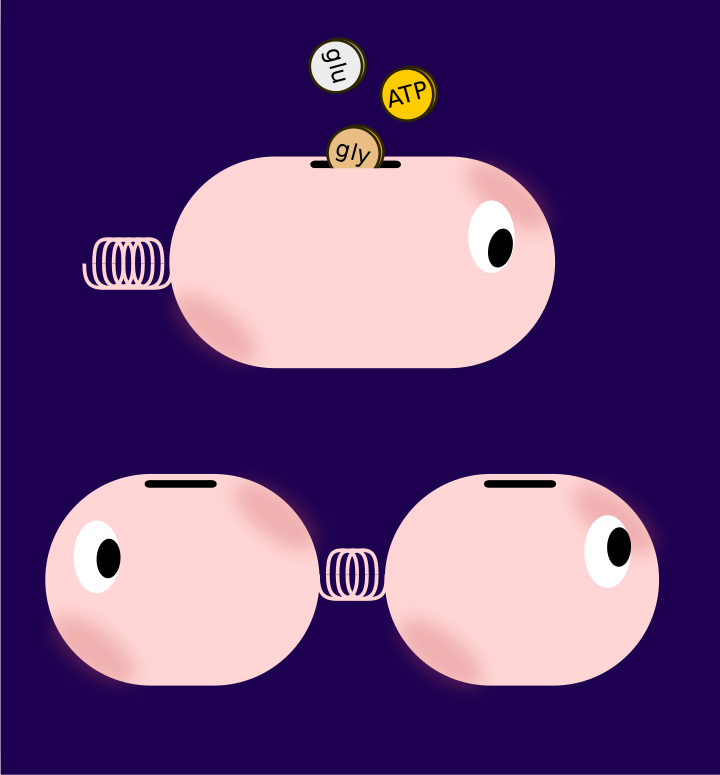Economic Principles in Cell Biology

Welcome | Forum | Young scholars | Textbook | Teaching materials | Summer school | Workshops | Contact
Summer school “Economic Principles in Cell Biology” - University of Vienna, July 23-26, 2025
Welcome - Schedule and teachers - Lectures - Practical information
Topics
|
The summer school is centered around the topics of our free and open textbook “Economic principles in cell biology” about cellular physiology and resource allocation, and will feature a number of (existing or planned) chapters as lectures. The course addresses students and young researchers with a natural science, engineering, or mathematics background. The first lectures give an introduction to basic metabolic and cell modeling, followed by lectures about more specific topics such as biological behaviour in the presence of randomness. |
Course schedule
July 23 |
July 24 |
July 25 |
July 26 |
|||||
Basics | Metabolic models | Cell models | Advanced topics |
|||||
(10 am) |
|
|
|
|
||||
(11 am) |
|
|
|
|
||||
(noon) |
Lunch break |
Lunch break |
Lunch break |
Lunch break |
||||
(1 pm) |
Get-together |
Practical work (2) |
Practical work (4) |
Practical work (7) |
||||
(2 pm) |
|
|
|
|
||||
(3 pm) |
Coffee break |
Coffee break |
Coffee break |
Coffee break |
||||
(3:30 pm) |
Practical work (1) |
Practical work (3) |
Practical work (5) |
Practical work (8) |
||||
(4:30 pm) |
Group photo, a game, |
Break |
Practical work (6) |
|
|
|||
(5 pm) |
|
Break |
||||||
(6 pm) |
Farewell dinner |
 Zoom lecture (for online participants) - Hours are Vienna time (CEST)
Zoom lecture (for online participants) - Hours are Vienna time (CEST)
Course activities
|
Lectures
Computer exercises
Other activities
|
Teachers
|